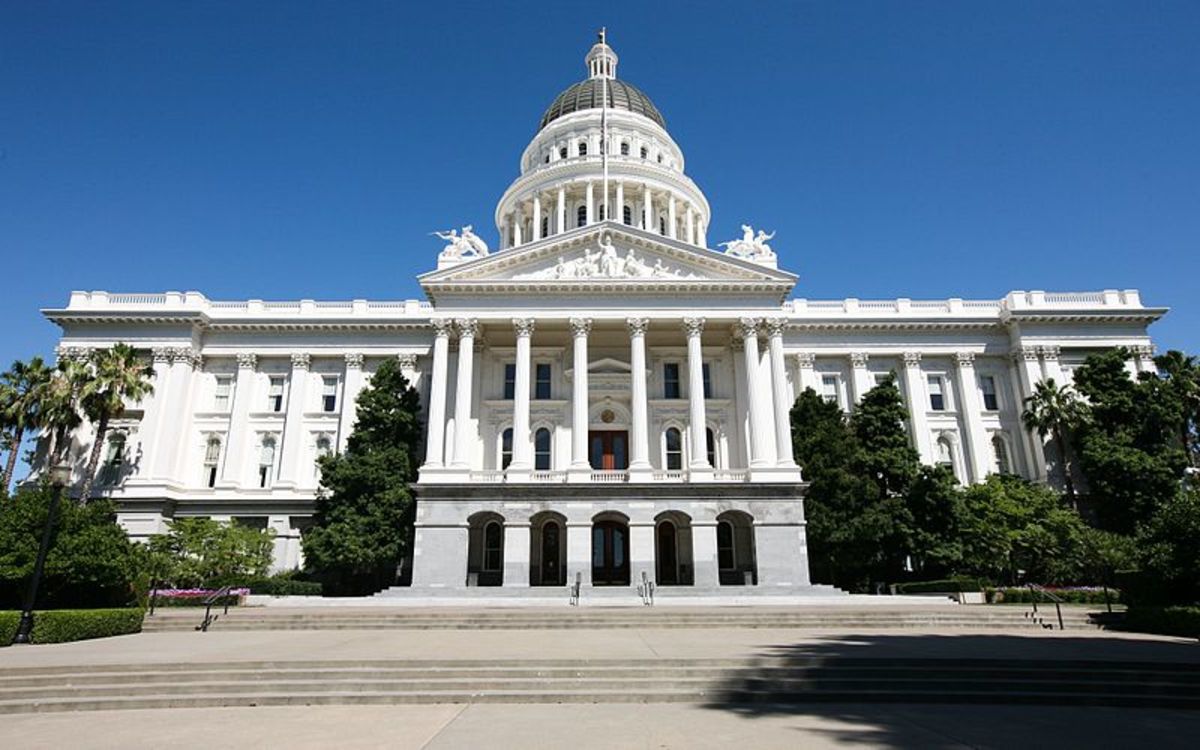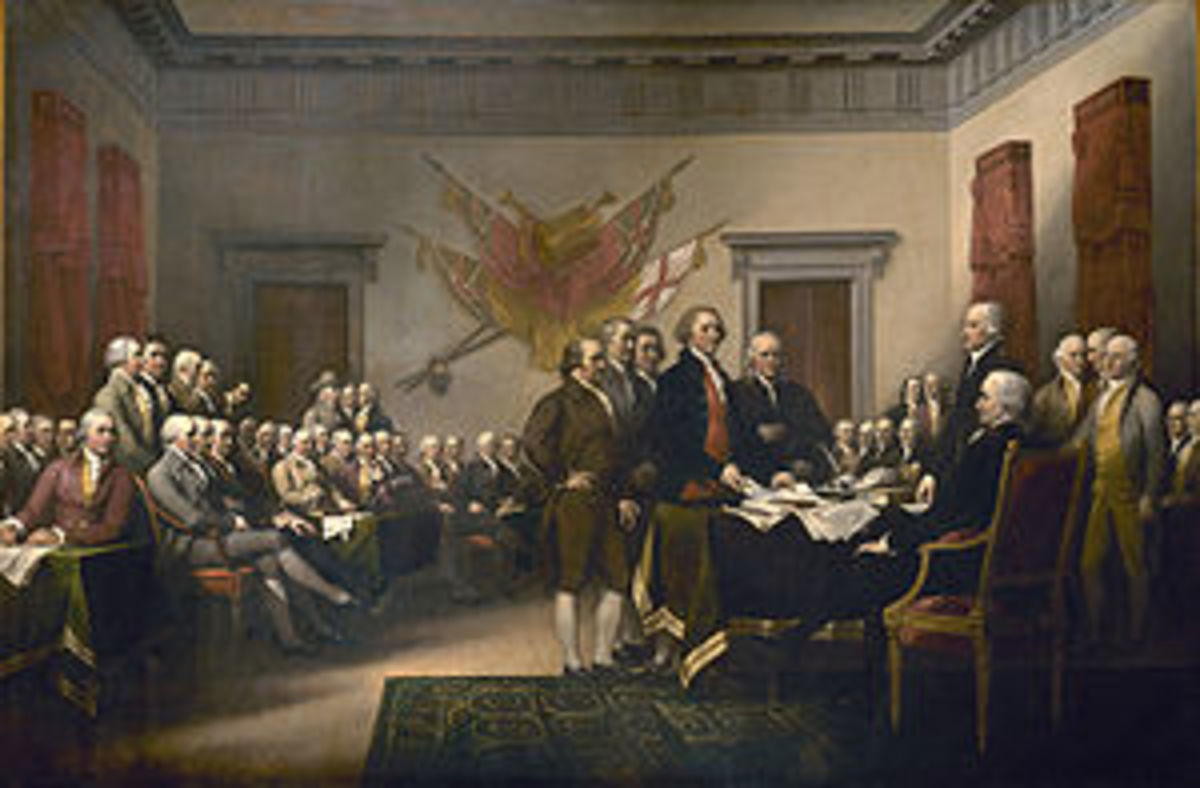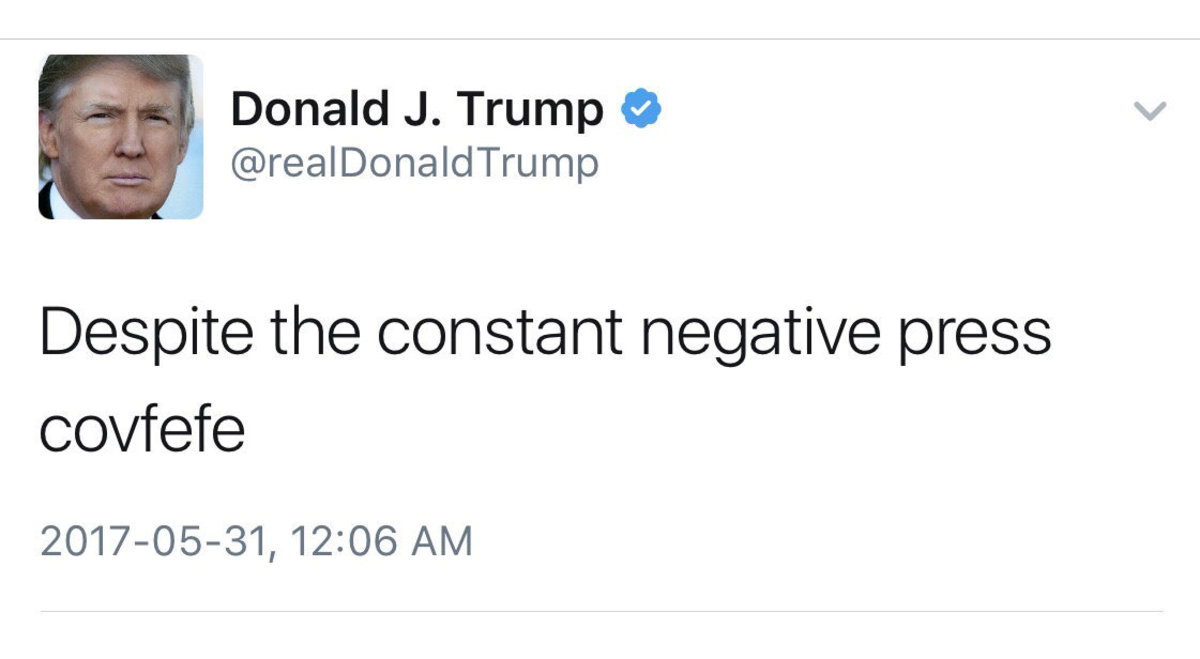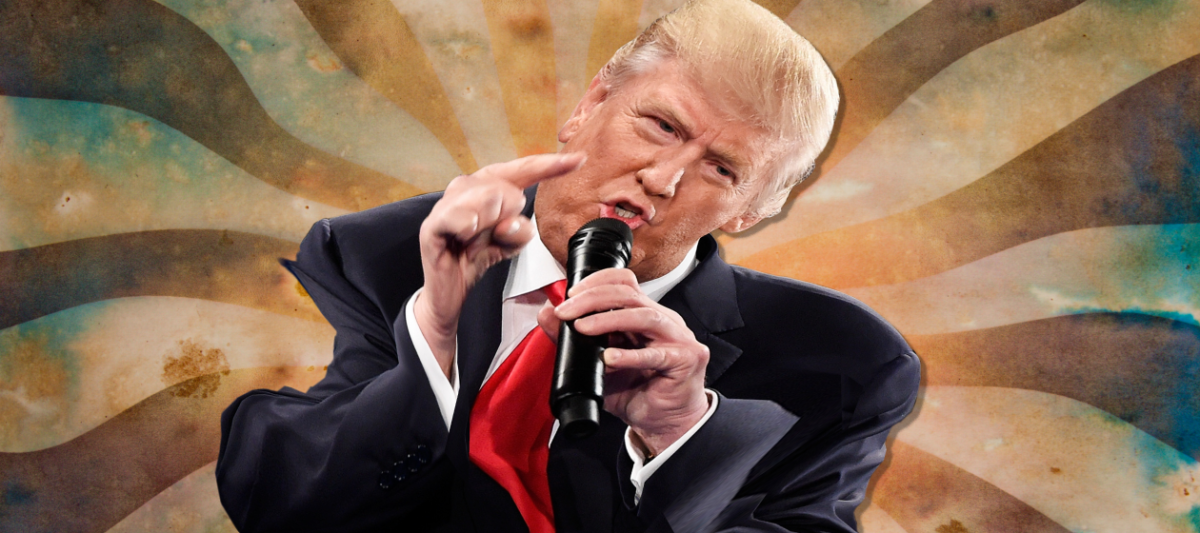To Talk or Not to Talk: That Is the Question Behind Political Gridlock and the Death of Negotiation
The purpose of politics is for a group to arrive at a consensus, on some issue or problem, for the benefit of society. At present, Washington’s political life is mired in gridlock, much of which has been brought about by the influence of money—money paid to lobbyists; the scramble for money for re-election campaigns; interest money spent on attack ads against incumbents on the ‘wrong’ side of an issue.
But other factors exist. The money circulates in an atmosphere where groups do not really communicate with one another. The groups tend to operate in isolation. A sense of community in the Congress has eroded. Is the isolation born entirely of money? Or is gridlock also born of changes in how Washington officials connect to one another, how the electorate connects with the elected, and how members of society connect to each other?
Once, the American political terrain resembled that of the Earth, one ecosystem flowing into another, overlapping around vast edges. Today, many political inhabitants have withdrawn into walled cities from which they hurl flaming arrows at any perceived opposition. Some legislators, often older, live outside those walls. Despite differing philosophies, they talk with one another to keep that political ecosystem alive as they attempt to coax those behind the walls to come out. For when legislators establish no connections with one another, effective public discourse, the means by which plans and agreements are made, dies.
No Connections Means No Communication
I began to ruminate on the importance of connections and the effects of the lack of them, after reading a brief article in the Fall, 2011 edition of Catalyst, the magazine published by the Marine Biological Laboratory in Woods Hole, Massachusetts. The article, “How the Squid Offered Deep Insight into Alzheimer’s Disease,” discussed the synapses of squid, which are similar to those of humans. (Synapses are the connecting points between neurons allowing them to communicate.)
Researchers experimented with injecting beta amyloid and tau 42, substances both associated with Alzheimer’s, into squid synapses. Both substances blocked neurotransmission, i.e., communication between neurons, with tau 42 the swifter and more effective of the two. Researchers observed that cells did not die, at least not right away, they disconnected from one another first. If scientists can keep cells connected, would the cells not die? But this essay is less about biology, except as analogy, and more about the effects of disconnection in political life.
Starting with the society at large, consider a few practices that act as double-edged swords in the connection-disconnection dilemma. The Internet, the window on the world that provides several million hits on a single enquiry, also provides a pathway to niche reporting, i.e. focusing on a specific ideological view to the exclusion of all else. Cable television also provides such niches. The advent of television itself, while it connected listeners to the concerns of people far away, also drew people off their porches, away from their neighbors. The effect of cell phones is the same.
Increasingly, this disconnection phenomenon has happened in Washington. Occasionally, political commentators point out that older representatives have had relationships that crossed party and interest lines. Sometimes they became friends. They watched ball games together, attended church services together, and had parties as their children played together. Even when relationships were less close, they were often friendly acquaintances in an atmosphere more conducive to civil discourse enabling participants to negotiate and arrive at a consensus.
Once it was not practical to do what many younger representatives now do, fly home weekends to stay in touch with family, constituents, and home political interests (as well as to raise money). Legislators created a second home, a second community, in Washington. They established connections with one another. The practice of regularly flying home is reasonable up to a point, but Washington is where representatives work and other legislators are those they work with. Governing cannot be done in the isolation of a cubicle. Officials, elected or appointed, need to know and understand one another.
This isolating behavior contributes to the us-and-them mentality. At best, the thoughts of “them” are simply unreal to “us.” Therefore, any opinion “they” utter can be dismissed. At worst, each side demonizes the other. For another analogy about what can happen as this disconnect effect grows, let us return to biology.
When Connections are Severed, Things Begin to Die
From 1900 to the late 1930s the population of the United States rose by around 80 percent. Logically, if TB deaths had remained at the same percentage of the general population, than the number of deaths should have risen from about 145,000 to well over 200,000. But, the number of tubercular deaths kept dropping although there were no effective treatments, no antibiotics, and no vaccines.
Because they understood the power of connections, public health officials focused on prevention. Fewer cases would mean fewer deaths. The spread of tuberculosis, the ability of the disease to thrive, depended upon connections. The most effective method of prevention was to quarantine patients in sanitaria—the tubercular hospitals. Only one bed existed for every six patients who should have been hospitalized, yet the number of deaths dropped by almost half because every victim removed from circulation broke a chain of contamination.
Breaking connections to defeat tuberculosis is laudable. Breaking connections among legislators is destructive. Political discourse is dying. What connections fill the void? Lobbyists—the talkers paid for by people and interests with money. Washington has always had them, but the number of lobbyists has grown in the same way tubercular cases once fell. Just from the early 1970s to the early 1980s the number of Washington lobbyists grew from 175 to over 2400.
The Power of Lobbyists Depends on the Power of Connections
Lobbyists, unlike average working citizens, can work full time at convincing elected and appointed officials of the validity of whatever they advocate. Persistent and on site, they ensure officials know them. Person to person contact is effective and can get more effective over a sustained period. Remember the expression the devil you know is better than the devil you don’t know? The lobbyist is the devil legislators know. Further, the atmosphere of disconnection provides moneyed interests a rich soil in which to grow a captive audience of legislators talking to them, the lobbyists, rather than to one other.
Another biological analogy could be used to describe the insidious influence of lobbyists. Angiogenesis. To survive, a cancerous tumor needs a blood supply. Cut off the blood supply and the starved tumor dies. This simple concept is not easy to execute because snipping connecting blood vessels does not work. The tumor, in a process called angiogenesis, sends out chemical signals that cause new blood vessels to grow. Medical research has produced some anti-angiogenesis drugs, but no magic bullet. There are also no anti-angiogenesis drugs to combat the spread of lobbyists.
In their book Winner Take All Politics: How Washington Made the Rich Richer—And Turned Its Back on the Middle Class, authors Jacob S. Hacker and Paul Pierson discuss the importance of organization directed toward what kinds of laws and regulations are, or are not, enacted. Organization is rooted in connections. The authors make a case that business, especially the financial sector, has organized to dominate the connections that influence decisions of the politically powerful. They further argue these decisions affect the workings of the financial market more than globalization or education. Lobbyists of the superrich have the near exclusive ear of Washington. The result—the working and middle classes, and even the moderately wealthy, are marginalized in the political arena.
In his book, Who Stole the American Dream? journalist Hedrick Smith of The Washington Post, makes a similar case about the growth and influence of lobbyists. Smith, Hacker, and Pierson all point to a memo, sent to members of the business community by corporate attorney, later Supreme Court Justice, Lewis Powell, as the seed that spawned the growth. In the 1960s and 70s came a serious of laws, taxes, and regulations that left many in corporate America reeling. Powel called for a counter-attack.
Unfortunately, this counter-attack grew to dominate the political scene. Instead of a plethora of competing interests, the business community, again particularly the financial sector, became like kudzu smothering other interests. Smith presents a story of slow growth, little understood and not well reported by journalists like himself. Unlike violent events, things that grow slowly do not draw attention to themselves. Now the power of lobbyists is ever present like a herd of elephants sitting in the parlor.
The money and the lack of connections among legislators are interacting, but separate factors. Money may be the prime cause of problems in politics as a virus or a bacterium is the causative agent in, say, a case of pneumonia. But, when exposed, why do some people become ill while others do not? Other factors such as lack of sleep, general fatigue, exposure to toxic substances, or an underlying tendency towards respiratory problems, can affect the immune system’s response. The causative agent thrives better in certain environments. The same is true of money. Money exploited the disconnecting drift extant in society and the political world.
Choices and Power
The influence of money is a fact. The presence of lobbyists and what have they have wrought are facts. But legislators can still choose how to deal with the money, and with lobbyists, and, most importantly, with each other. Members of Congress can choose to spend less time with lobbyists and more time talking with one another. Legislators have given away their freedom and their immense power by not connecting to one another.
To return to the original biological analogy we started with, the picture of the squid synapses disconnecting and THEN dying, let us apply that idea to the intellectual life of the nation’s capitol. The popular perception of a Washington full of willful prima donnas, totally beholding to money, simply unwilling to work with one another, may be a little off. A more accurate view may be that the disconnection process has led to a city filled with mental couch potatoes, unable to analyze problems, other people’s thoughts, or even their own because the synapses of political life are dying. An arid environment cannot produce ideas to deal with the nation’s problems.
© 2012 Teddi DiCanio








